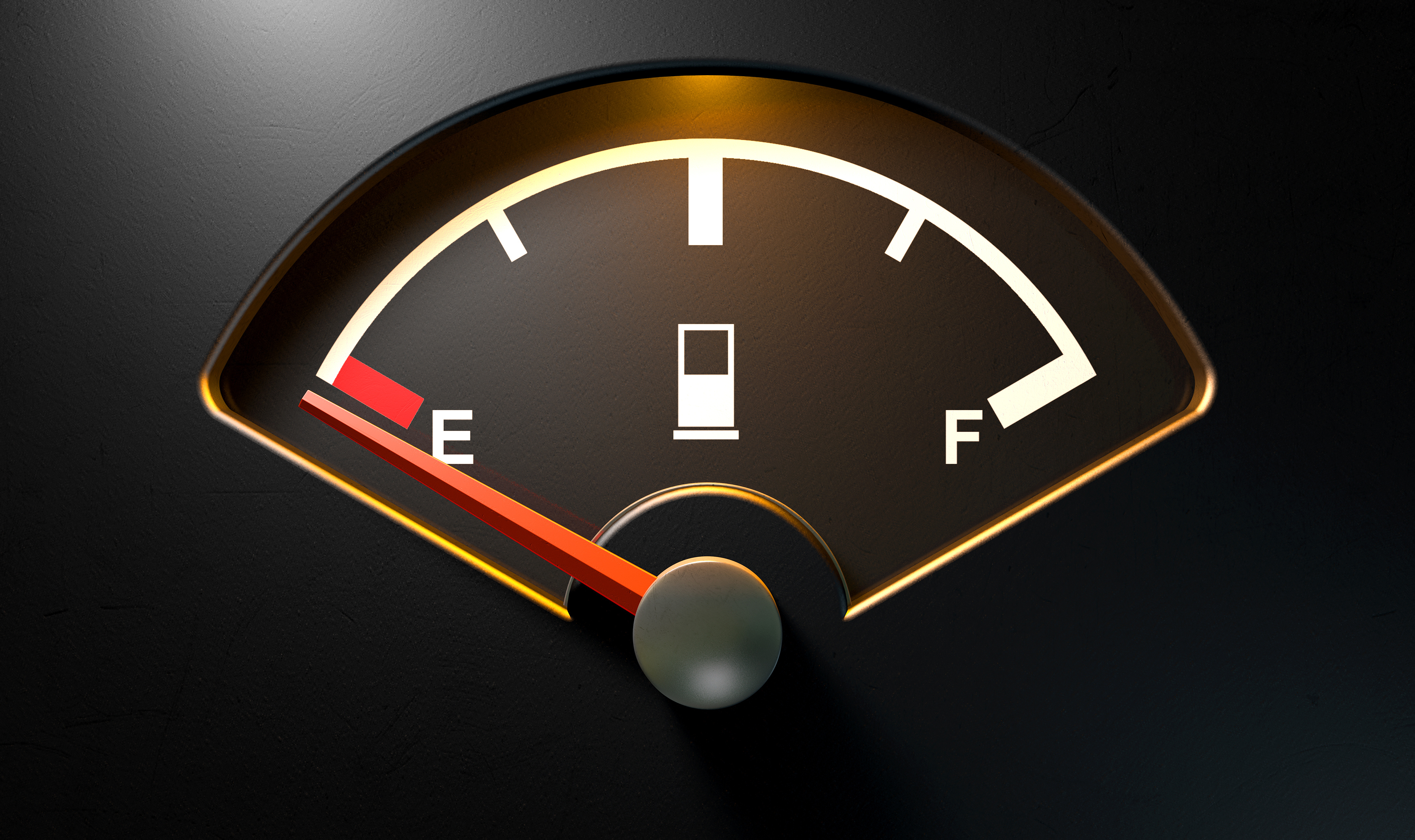When it comes to your construction equipment, its engine plays a very vital role. This is why it is so important that you do your best to ensure it always works best. Otherwise, you will encounter a problem with downtime, which will not earn you any money. Instead, it could be a costly experience for you as you try to have your equipment fixed by an expert.
If you want to make sure that your equipment’s engine always works at its best condition, here are some fuel management practices that you can follow regularly:
Test your bulk fuel tanks once every six months
Especially if you use diesel fuel, you have to make sure that your equipment’s storage tank does not contain any water or any other contaminants. This is why you should make sure to test your bulk fuel tanks every six months. Otherwise, the water in your fuel tank could degrade the chemical structure of the fuel. Eventually, this will result to a problem with your injector, filter, and pump.
You simply need to bring your equipment to a professional diesel fuel cleaning and inspection service center every six months. There, your supply tanks will be tested for any contaminants. They may remove a small amount of water from your supply tank. But if there is a significantly high amount of water or sludge in your fuel tank, it will require your entire tank to be completely drained and cleaned. If you want to be more conscious of your supply tank, make sure to monitor it with a preventive maintenance log containing maintenance history, information on filter changes, and particle counts.
Keep your supply fuel tank filters clean
It is common for your equipment to be filled with a 5 or 10-gallon plastic container. But how can you make sure that your container is cleaned out completely or how fuel was stored to it prior to adding it to the container?
If you want to make sure that you don’t deal with this issue, you have to make sure that any fuel that enters into your storage tank should pass through a dispensing filter. This process helps increase effectiveness of the fuel filter of your machine. In the process, it helps prevent contaminants from entering too. You should also make sure that your fuel tank filters have been capped and that the tank vent is filtered. Typically, tank filters have a 10-micron or fewer fuel filter which helps remove moisture whenever fuel is dispensed through its vent.
Fill your machine tank at the end of the workday
During a typical workday, it is common for diesel fuel to reach high temperatures. Once the machine starts to cool, condensation happens in the form of air gaps. This is why you should make sure to add diesel fluid to your machine at the end of the day so that you can reduce maintenance costs that you would otherwise have to face.
Use the right fuel filters
It is recommended that you use a 2-micron fuel filter since this helps trap down contaminants and remove free and emulsified water. Even if no filter can truly remove all contaminants, this fuel filter size can efficiently do its job in making sure you have clean fuel entering your equipment.
Prepare your equipment for cold weather
Before winter starts, you need to make sure your equipment is completely ready for the dangers the cool temperature could bring. You can do this by removing trapped water from your fuel filter everyday, install an engine block heater, maintain battery state, and choose best engine oil and hydraulic/hydrostatic oil for the winter season.
Join a fuel management clinic
Most of the time, heavy equipment dealers conduct a training session for owners to know more about fuel management. Attend one of these sessions so you can learn more on how you can treat fuel-related issues of your equipment.
Confirm cloud point of your fuel
Otherwise referred to as the temperature wherein wax starts dropping out of fuel, you need to make sure that you know when this happens so you can avoid it. Otherwise, these wax form crystals could plug your equipment’s fuel filter quickly.
Normally, this information is dependent on the geographic location of the equipment as well as the time of the year when fuel is intended for use. Make sure you check with your equipment supplier to know more about this.
Take note of suppliers that provide poor quality fuel
As an equipment owner, you should make sure that the supplier you are getting diesel fuel from can be trusted. Even though you will have to pay more for clean fuel, it still won’t be as expensive as the maintenance and repair you will have to face later on. Think of it as an investment so can make sure your equipment stays on its top performance.
Follow these tips to make sure your equipment is always working in the most efficient way possible.
Written by Lindsey Rentals. Lindsey Rentals offers the best equipment rental in Columbia, MO.

